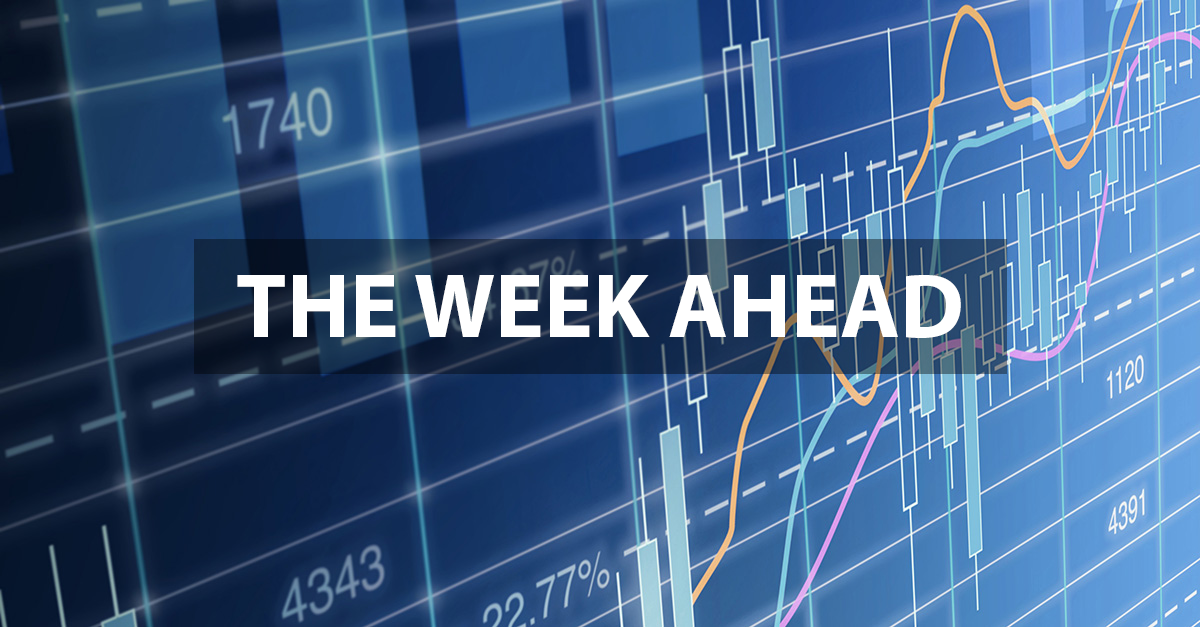Welcome to “The Week Ahead” where we take a moment to provide our thoughts on what we can expect in markets and the economy during the upcoming week.
Restarting. The data is very clear, the U.S. economy is well on its way to restarting. This past Friday the Institute for Supply Management (ISM) saw the U.S. national factory activity soar to a reading of 64.7 for the month of March. This is the highest level since December 1983! A reading above 50 indicates expansion within manufacturing, which is meaningful as it accounts for almost 12% of the U.S. economy. We saw a blistering jobs report as well, which saw the unemployment rate drop to 6%. During the Great Financial Crisis it took 50 months to get back to the 6% unemployment level. This time it took 11 months. It’s hard to believe, but retail leisure travel domestically is almost back to normal. What’s missing is business travel and it’s only a matter of time before that lifts off.
Reevaluating. As we all well know, not every city, county, state, region, or country is at the same level or pace. Within the U.S., New Mexico leads all states with 24.68% of their population vaccinated while Georgia is at the back of the pack, with 12.51%. The tiny territory of Gibraltar leads the world at 84.86% of its population fully vaccinated while in stark contrast many countries are still awaiting vaccine doses to distribute to their citizens. Synchronization of a global recovery is beginning to form. More variables are also continuing to flow through the global macro system. For example, last week President Biden proposed a massive $2.2 trillion infrastructure plan.
Repricing. Bond yields and equity prices have been constantly reevaluating the pace of restarting, both domestically and globally. Investors once again swung the pendulum from one extreme (March/April 2020) to the other (December 2020). My colleague Cal Jones touched on this a few weeks ago in his “Seeing is Believing” piece.
Returning. As in returning to normal. Expectations heading into the year were late summer and possibly early fall as the earliest point for a return to normal. With vaccine distribution increasing expectations have now been pulled forward to late spring and early summer. Many “experiences” have already begun to see inflation: Uber surge rates returning, car rentals costing multiples more as inventories were sold off during the pandemic, and in-person sports tickets as availability is limited. Many of these should remain short-term inflationary spikes as inventory rebuilds continue and sport arenas, resorts, and theme parks begin to allow for more visitors. Wells Fargo Bank is targeting for its employees to return to the office in September, and one would expect more and more companies to follow suit.
This week investors will be picking apart the FOMC meeting minutes as rising interest rates has been the focus for both bond and equity investors. The first quarter saw many hyper-growth companies take a hit as the 10-year U.S. treasury rose much faster than expected. After a robust ISM and employment report a relative quiet week is much needed as investors await the start of earnings season once again.
Data deck for April 3–April 9
|
Date |
Indicator |
Period |
|
April 5 |
IHS-Markit Services PMI |
March |
|
April 5 |
ISM Services |
March |
|
April 7 |
MBA Mortgage Applications |
---- |
|
April 7 |
Trade Balance |
February |
|
April 7 |
FOMC Meeting Minutes |
---- |
|
April 8 |
Initial Jobless Claims |
---- |
|
April 9 |
Producer Price Index |
March |



